Recently, tractors running in the Kisan Mahapanchayat on the streets of Muzaffarnagar district of Uttar Pradesh in hope and hope were writing a script as if for some new politics. All the media channels of the country were raising the question whether the farmers’ movement has become political. Are the farmers’ leaders running the agitation at the behest of the leaders of the opposition? On these allegations, the farmers said that their movement is completely non-political. He will appeal to the farmers to identify their ‘enemy’ in the elections, but will not talk of supporting any political party.
But the question is, if the vote bank slips from the ruling party BJP, then where will it go? In fact, assembly elections are to be held in Uttar Pradesh next year, but in western UP, the RLD is fully involved in the siege of the BJP. During the Muzaffarnagar riots, there was a long gap between the Jat and the Muslim community. With the passage of time, now those distances have started disappearing. Rashtriya Lok Dal (RLD) is putting full emphasis on 136 assembly seats in 6 mandals of western UP through brotherhood conference and brotherhood conferences are being organized continuously to unite both the communities. RLD chief Jayant also knows that this is the time to unite the farmers who are angry with Modi and the Yogi government and make inroads among them, which can be benefited during the elections.
Actually, the strength of Jat votes is the biggest problem for the BJP, as elections are to be held in the state after seven months from now. According to the caste census of 1931, 99 percent of the Jat population in the state is concentrated in 26 districts of Agra, Aligarh, Saharanpur, Moradabad, Meerut and Bareilly divisions. These six divisions hold 136 of UP’s 403 assembly seats and 27 of its 80 Lok Sabha seats. RLD chief Ajit Singh was a prominent Jat leader in western UP until the Muzaffarnagar riots of 2013, and the region was deeply polarized and the loyalties of the Jats turned to the BJP.
Anand Tyagi, a former professor of political science department of Meerut University, says, “In western UP, Jats and Muslims used to vote together. Jat and Muslim voters distanced themselves after 2013. Jat left RLD and went with BJP. As a result, BJP strengthened with the support of Jat votes in Western UP, while RLD weakened. Now RLD wants to go back to its old formula. Actually this is the only formula that can give RLD strength in Western UP. ‘
BJP captures 70 percent seats in western UP
The BJP holds 70 percent of the seats in western UP. It has 11 Jat MLAs in the UP Assembly, four of whom, Laxmi Narayan Choudhary, Bhupendra Choudhary, Baldev Singh Aulakh and Uday Bhan Singh, are ministers in the Yogi Adityanath government. The party also has three Jat MPs Satyapal Singh from Baghpat, Sanjeev Balyan from Muzaffarnagar and Rajkumar Chahar from Fatehpur Sikri. The regional president of Western UP, Mohit Beniwal, is also a Jat in the BJP party organization.
Presence of Muslims in Mahapanchayats alarm bell for BJP
However, over the years, the deteriorating health of sugarcane farmers in the state has also played a role in social and political restructuring. The Muslims here usually work as farm laborers in the sugarcane plantations. The 2013 riots not only disturbed this readily available source of agricultural labour, but the unremunerative prices for their produce have also made the sugarcane farmer more restless. So when the farmers’ movement gained momentum under the leadership of Rakesh Tikait, the Muslims shared themselves with their Jat brethren in the state. He was present in large numbers at the Muzaffarnagar and Shamli Mahapanchayats held in the first week of February.
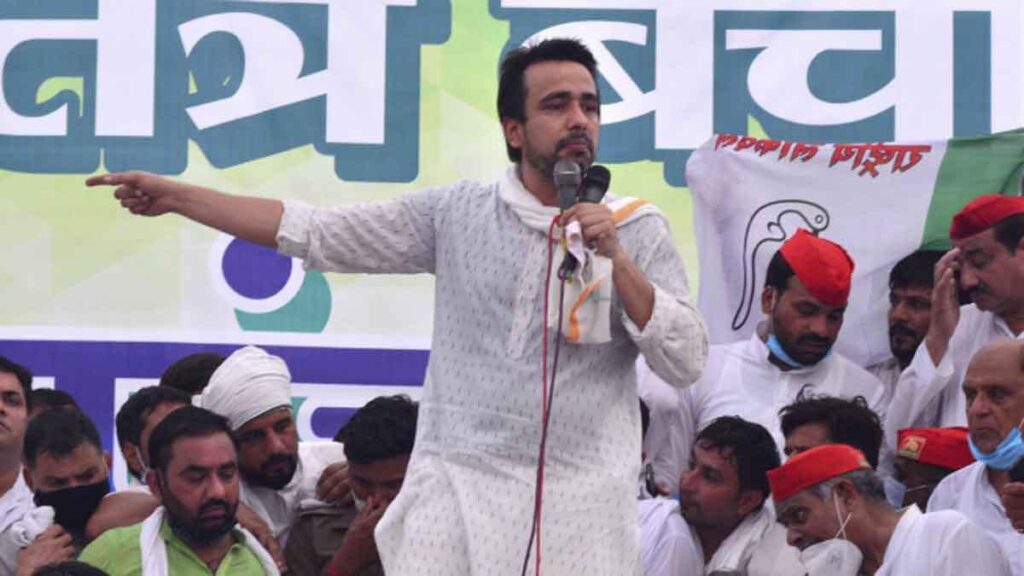
The importance of Muslim vote along with Jat votes in 136 seats
In fact, in 55 of the 136 assembly seats in western UP, where the Jat vote counts, Muslims account for more than 30 per cent of the population. If Jat-Muslim votes mix, it will be 40 percent of the total vote. For this, not a single Muslim MP was elected in the 2014 parliamentary election, soon after the Muzaffarnagar riots in 2013. However, Jat-Muslim unity was seen in the 2019 Lok Sabha elections when UP sent six Muslim MPs to Parliament, five from western UP.
Victory is not possible without Jat-Muslim alliance
In fact, BSP candidates Danish Ali and Haji Fazlur Rahman won from Amroha and Saharanpur constituencies by 51 per cent votes. This could not have been possible without a joint Jat-Muslim vote. Javed Usmani, who runs a school in Deoband, western UP, says that, “With Jat and Muslim voters coming together on a single platform, as in a huge crowd gathered at the Bharatiya Kisan Sangh’s panchayat, it will have an impact. In 2022 It can be seen. The separation that was created in the Jat-Muslim community after the riots has started filling up. Now the Jat-Muslim will vote together in the elections. You can see the effect of this in the support being received by the Mahapanchayats also.”
BJP’s troubles increased due to the activism of Rakesh Tikait
Meanwhile, the rise of Rakesh Tikait has filled a leadership vacuum that Ajit Singh’s influence in Jat politics has waned. Ajit Singh’s RLD had won 14 seats in alliance with BJP in 2002 assembly elections, 10 seats on its own in 2007 and nine seats in alliance with Congress in 2012 but the same RLD got only one seat in 2017. . The 2019 Lok Sabha elections, both father and son lost from their respective seats. Looking at the circumstances, the Jats themselves have now rallied around Tikait. All the Khaps of Western UP came together under the Sarvakhap and organized three other Mahapanchayats in Mathura, Muzaffarnagar and Shamli districts which got overwhelming support.
By-Rajeev Choudhary

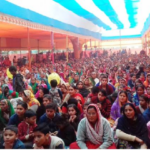
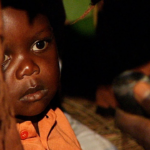

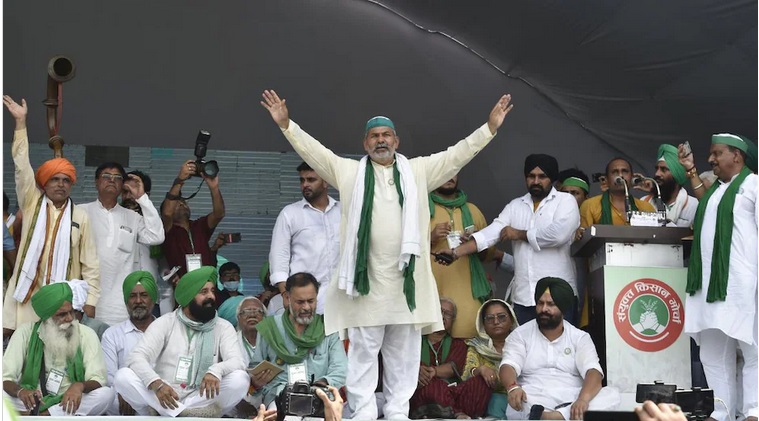

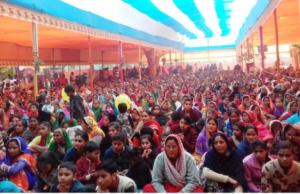
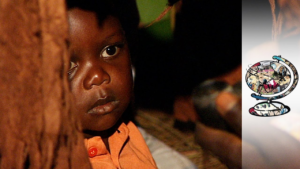
More Stories
Is religion for man or man for religion?
Will we soon become Vishgurus by selling our education and childhood?
Kenya: What I saw at Nairobi will remain unforgettable.